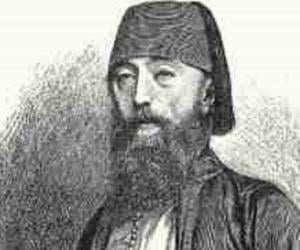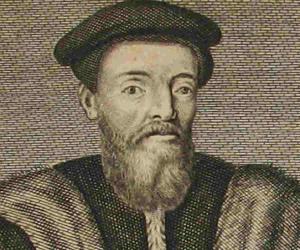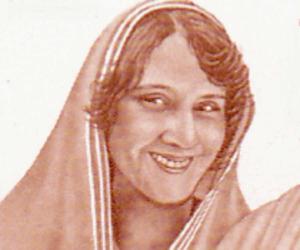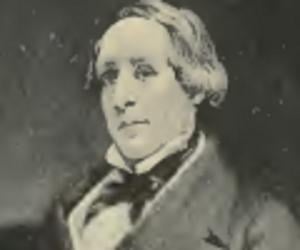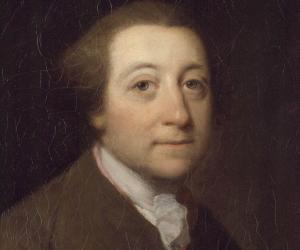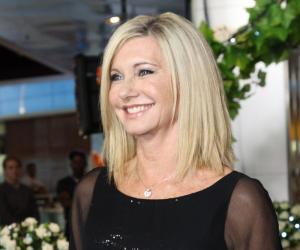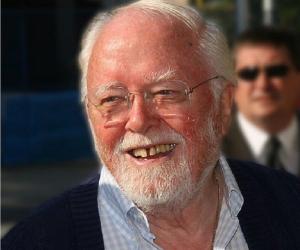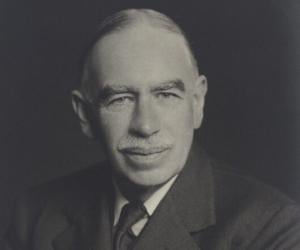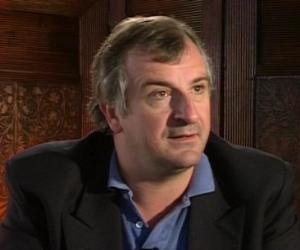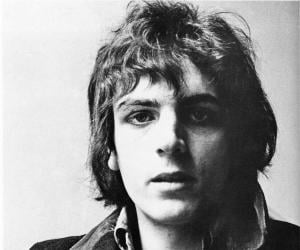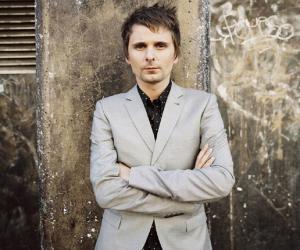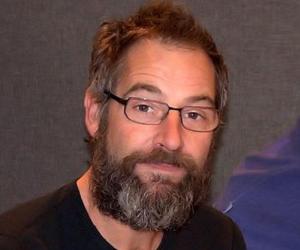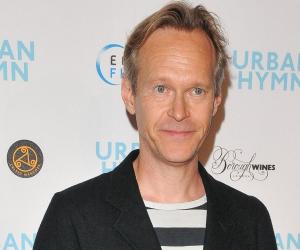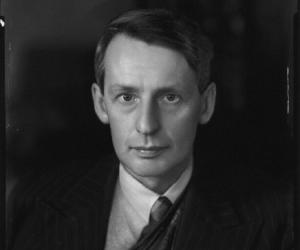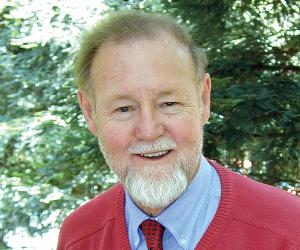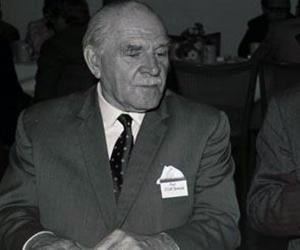Olivia Newton-John's breathy voice and stunning beauty made her one of the biggest pop stars of the 1970s. She charmed generations of movie viewers in the blockbuster film Grease. Following a string of country and soft-rock hits, Newton-John starred opposite John Travolta in the 1978 blockbuster Grease, considered as one the most popular movie musicals of all time.
Richard Attenborough is credited with making one of the greatest films of all time - Gandhi. Also an actor, Richard served as the president of the British Academy of Film and Television Arts and the Royal Academy of Dramatic Art. Apart from being honored by the British royalty, he was also honored with India's third-highest civilian award, The Padma Bhushan.
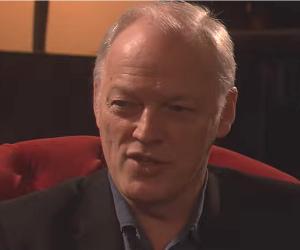
Pink Floyd guitarist/singer David Gilmour helped the band become one of the best-selling acts ever. One of Rolling Stone magazine’s greatest guitarists of all time, he has also been an advocate of animal rights and other causes. He once auctioned off 120 guitars, including his iconic Black Strat, for charity.
John Maynard Keynes was an English economist. His ideas are credited with changing the theory and practice of the economic policies and macroeconomics of governments at a fundamental level. Counted among the 20th century's most influential economists, Keynes' ideas are the basis for Keynesian economics. In 1999, he was named in Time magazine's Most Important People of the Century list.
English author, screenwriter, and essayist, Douglas Adams, is most remembered for his comedy science fiction series The Hitchhiker's Guide to the Galaxy. As a screenwriter, he wrote two stories for the TV series Doctor Who. He advocated for environmentalism and spoke about environmental issues in his non-fiction radio series Last Chance to See.
Jeremy Northam is an English actor whose early career is defined by his performance at the Royal National Theatre; he won the Olivier Award for his work in The Voysey Inheritance in 1990. He then went on to establish himself in the film and TV industry before working on several audiobooks for Harper Audio, Macmillan, Naxos Audiobooks, and CSA Word.
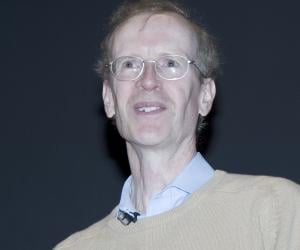
English mathematician Sir Andrew John Wiles, a Royal Society Research Professor at the University of Oxford, is best known for proving the modularity theorem for semistable elliptic curves, thereby proving Fermat's Last Theorem for which he was awarded the Abel Prize and the Copley Medal by the Royal Society. He also proved the main conjecture of Iwasawa theory.
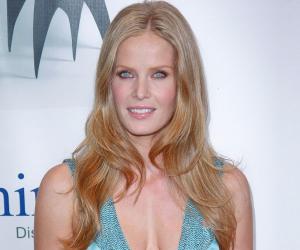
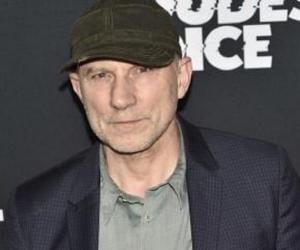
Martin Kenzie was a British cinematographer and second unit director. One of the most important members of the British Society of Cinematographers, Kenzie worked in popular and critically acclaimed films like The Shining, Aliens, Return of the Jedi, and The King's Speech. Martin Kenzie died at the age of 56 due to cancer.
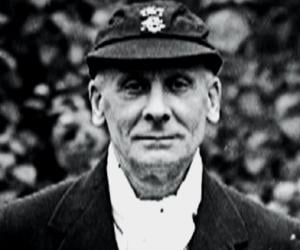
George Paget Thomson was a British physicist best remembered for his discovery of the wave properties of the electron by electron diffraction. The son of physicist and Nobel laureate J. J. Thomson, he himself went on to receive the Nobel Prize in Physics in 1937. He spent several years of his career at Imperial College London.
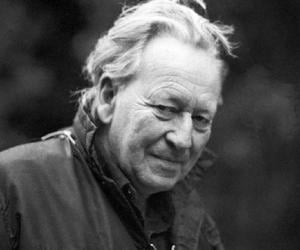
Gregory Bateson was an English anthropologist, social scientist, linguist, and visual anthropologist. Along with his colleagues, he developed the double-bind theory of schizophrenia. Also a cyberneticist, he was part of the core group of the Macy Conferences in Cybernetics. He was a member of philosopher William Irwin Thompson's esoteric nonprofit foundation Lindisfarne Association.
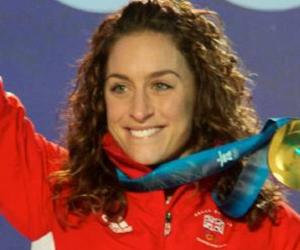
Amy Williams is a British former skeleton racer who won a silver medal at the 2009 World Championships. In 2010, Amy Williams became the first British person in 30 years to win an individual gold medal at Winter Olympics when she won the medal in the skeleton.
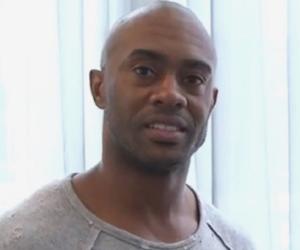
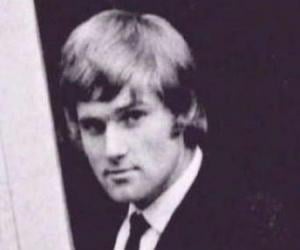
Bob Klose is an English photographer, musician, and printmaker. From 1964 to 1965, Klose served as the lead guitarist of a rock band that came to be known as Pink Floyd. Before starting his musical career, Klose worked as a photographer.
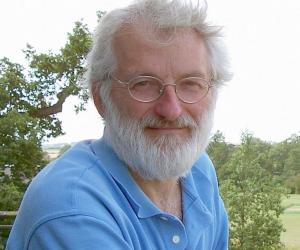
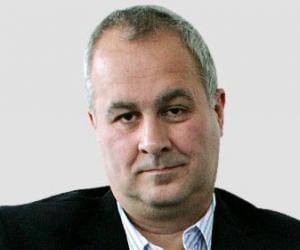
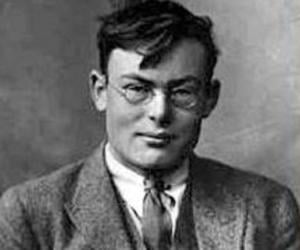
British philosopher and mathematician Frank P. Ramsey was the son of a famed mathematician and later laid down the Ramsey theory of mathematical logic. The Cambridge alumnus also translated Ludwig Wittgenstein’s Tractatus Logico-Philosophicus but died at age 26, probably due to a liver infection he contracted while swimming.
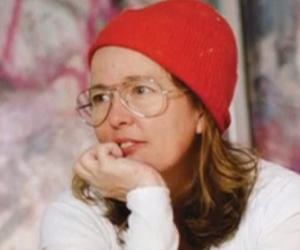
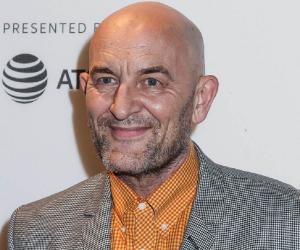

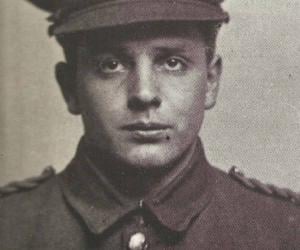
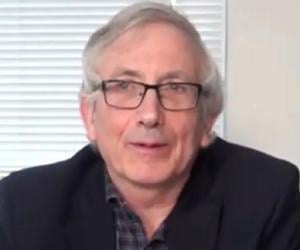


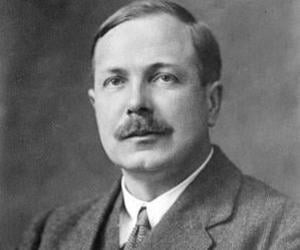
Charles Galton Darwin was an English physicist. Born into a prominent family of intellectuals, he was the son of mathematician George Howard Darwin and a grandson of biologist Charles Darwin. He studied mathematics at Trinity College, Cambridge, and began an academic career. He, later on, served as the director of the National Physical Laboratory (NPL). He loved to travel.
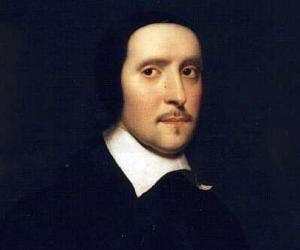
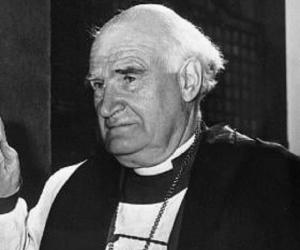
Michael Ramsey was an English Anglican bishop, educator, theologian, and supporter of Christian unity. He is best remembered for serving as the 100th Archbishop of Canterbury. Also a life peer, Ramsey received several honors during his lifetime. He also held honorary degrees from several prestigious universities, including Cambridge, Edinburgh, Oxford, Durham, Manchester, and Kent.

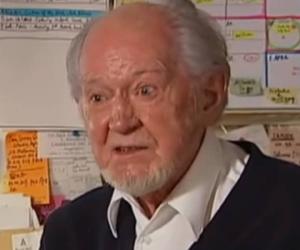
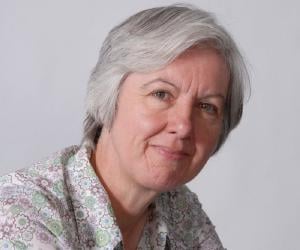
Roger Tomlinson was an English geographer best remembered as the primary originator of geographic information systems (GIS). He also coined the phrase geographic information system and is widely regarded as the father of GIS. Throughout his illustrious career, Roger Tomlinson was honored with several prestigious awards, such as the Robert T. Aangeenbrug Distinguished Career Award.
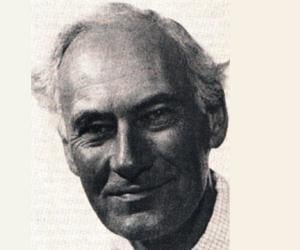
Known as a pioneer of physicalism, British-Australian philosopher J. J. C. Smart laid the foundation of the Type Identity theory. A professor of philosophy, who spent most of life teaching at prestigious universities such as the Australian National University, Smart was also a skilled player of both cricket and hockey.
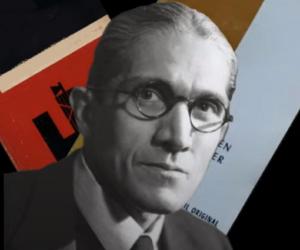
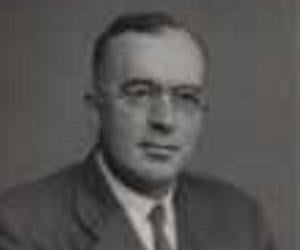
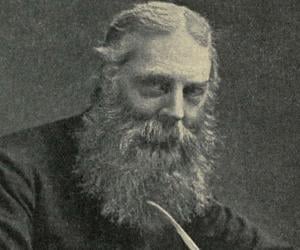
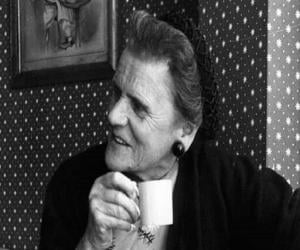
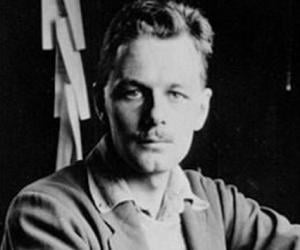
G. Evelyn Hutchinson was a British ecologist best remembered for his contributions to the fields of systems ecology, limnology, entomology, radiation ecology, biogeochemistry, genetics, art history, philosophy, anthropology, religion, and a mathematical theory of population growth. G. Evelyn Hutchinson is sometimes referred to as the father of modern ecology.
